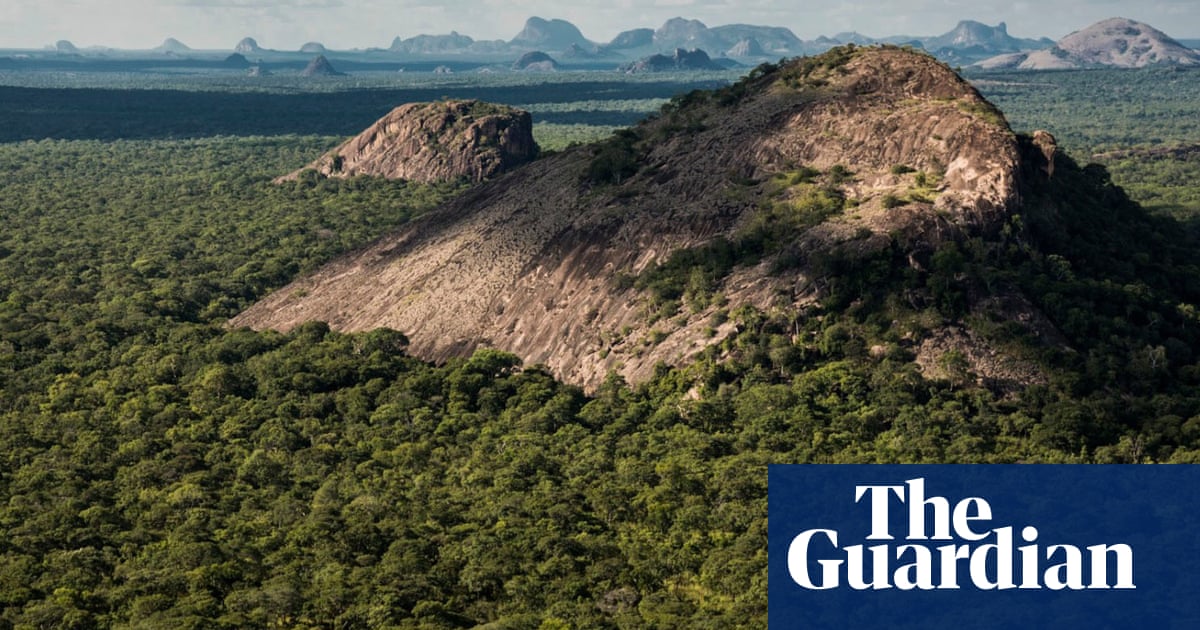One of Africa’s largest protected areas has been shaken by a series of attacks by Islamic State-linked extremists, which have left at least 10 people dead.
Conservationists in Niassa reserve, Mozambique, say decades of work to rebuild populations of lions, elephants and other keystone species are being jeopardised, as conservation operations grind to a halt.
On 29 April, militants attacked buildings in Niassa, killing two anti-poaching scouts. Two more scouts are missing and another seriously injured. The attack, which was later claimed by Islamic State-Mozambique, came 10 days after another raid on a nearby safari camp in which two people were beheaded and six soldiers were killed.
A village of 2,000 people has been displaced by the violence and all conservation work has been suspended in Niassa reserve, according to local groups. On Monday, wildlife and community organisations warned that the violence is risking more than 20 years of conservation work in the area.
“The worst thing about these kind of attacks, which is kind of the point, is the fear factor. The attacks are brutal: the two carpenters that were killed at the safari camp were beheaded. There is enormous fear from communities from the brutality of the attack,” said Colleen Begg, managing director of Niassa Carnivore Project, whose headquarters were attacked in the 29 April raid.
Begg said that the suspension of tourism activities could affect the area for several years.
“Niassa reserve is special because of its size. It is the size of Switzerland. There are very few places like this inAfricawith no fences, with large populations of lions, elephants and animals that require a lot of range. It’s one of these beautiful wilderness areas. We’ve been trying to figure out how to make it a world heritage site and all of that is now at risk because of insecurity,” she said.
At 4.2m hectares (10m acres), Niassa is regarded as one of Africa’s most important wildlife refuges. It is home to as many as 1,000 lions, 350 critically endangered African wild dogs, and recovering populations of elephants, buffalo and other keystone species.
Islamic State Mozambique, known locally as al-Shabaab although not linked to the group in Somalia, emerged in 2017 and has displaced more than1 million peoplein northern Mozambique as its activities have expanded. While there was a crackdown on the group after an attack on the city of Palma thatresulted in the suspension of a major gas project by TotalEnergies, the militants remain active in the country’s northernmost province.
Nine conservation and safari camps have been abandoned since the attacks, with one destroyed by the Islamist group. Begg said that urgent support was needed to restore peace in the region and prevent further loss of life. The Mozambican army is in pursuit of the IS-linked group.
“Obviously, the first task is to solve the problems with the insurgents and get them out of Niassa. If we cannot create peace, people can’t walk to collect honey, they can’t go to their fields, they can’t harvest. It’s impossible for conservationists. No tourists will come. It is devastating,” Begg said.
Find moreage of extinction coverage here, and follow the biodiversity reportersPhoebe WestonandPatrick Greenfieldin the Guardian app for more nature coverage
